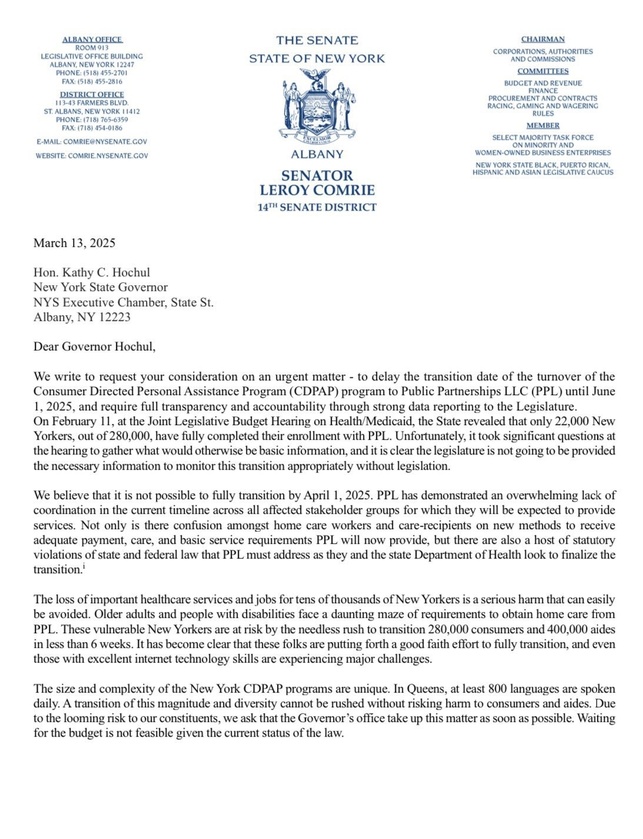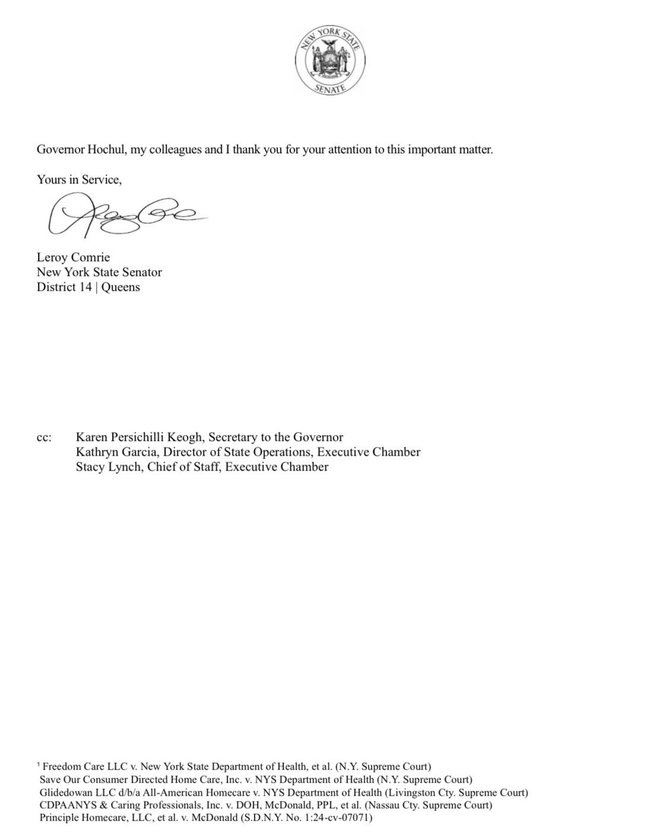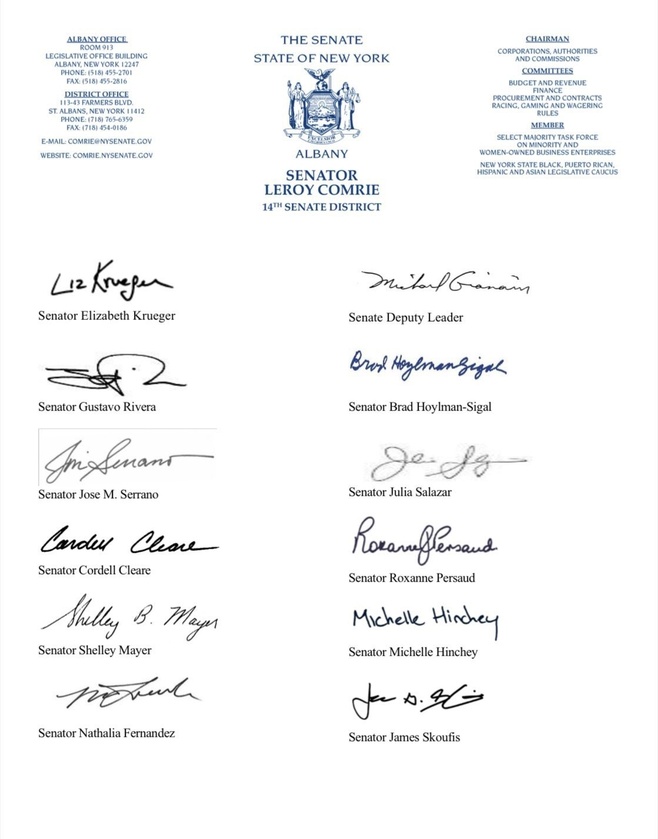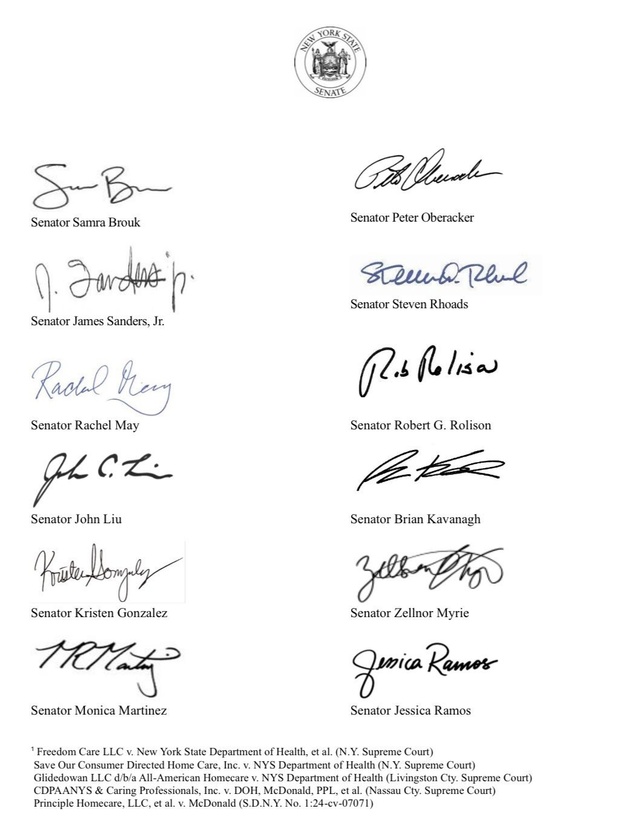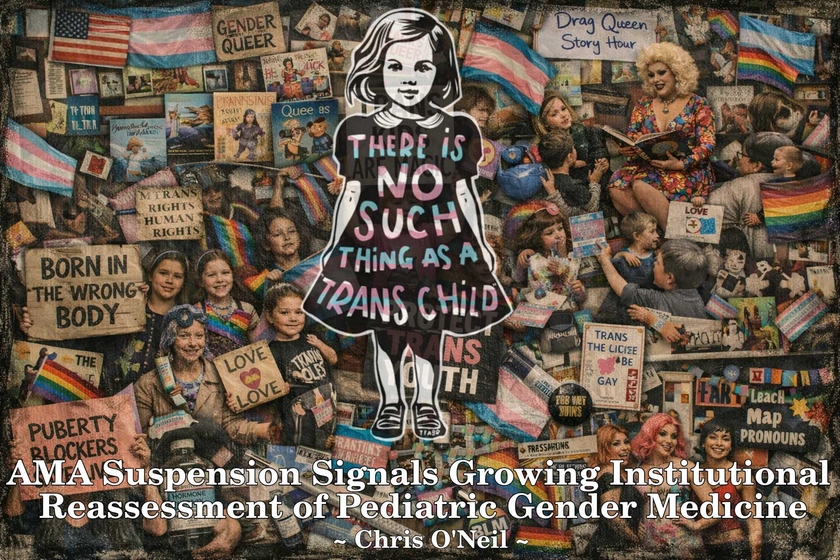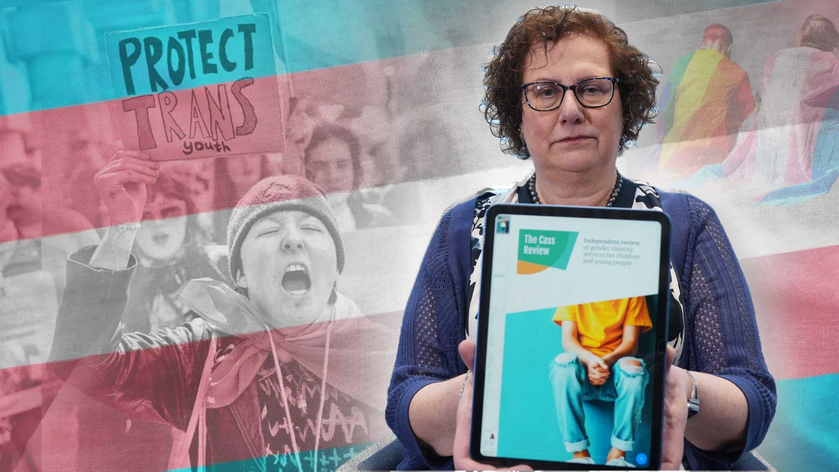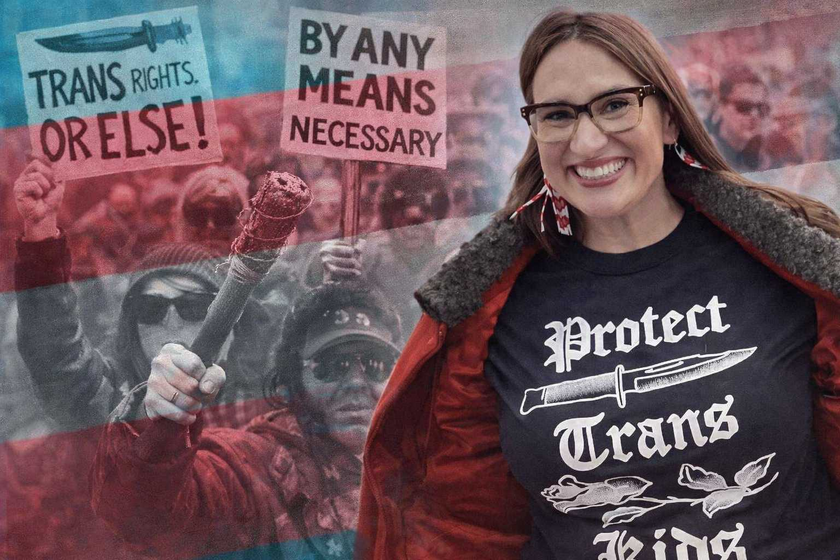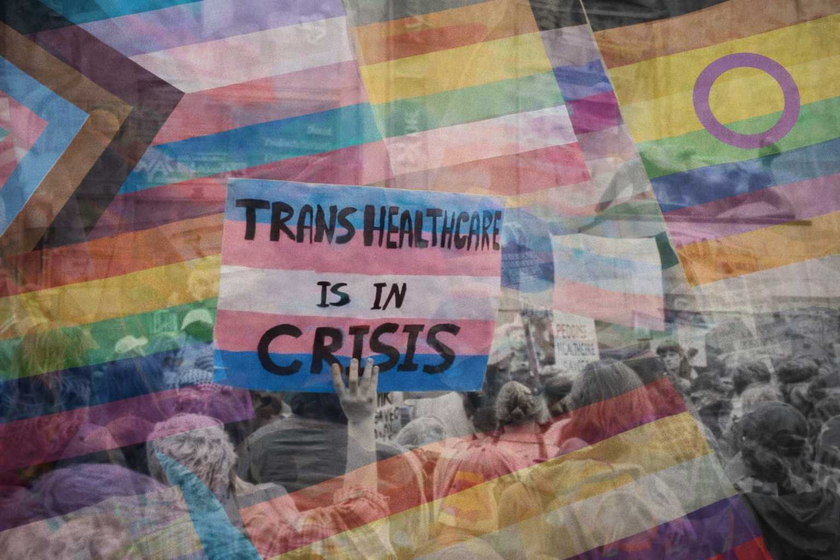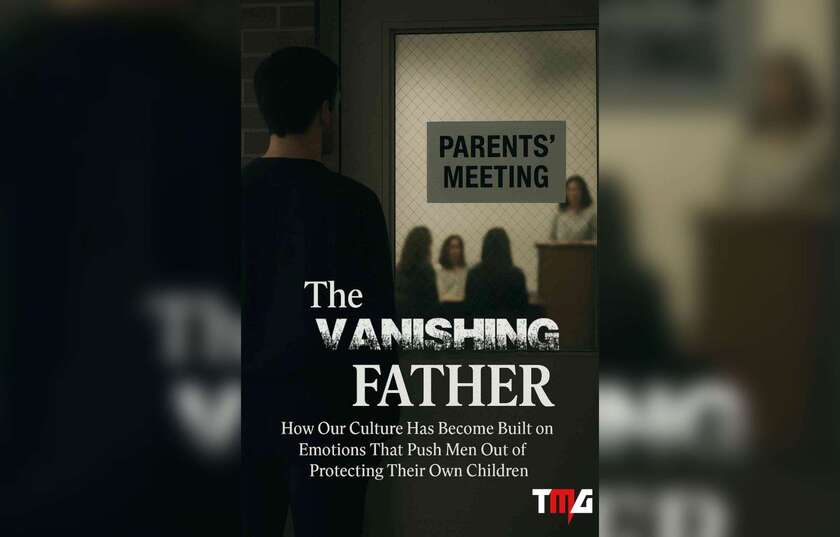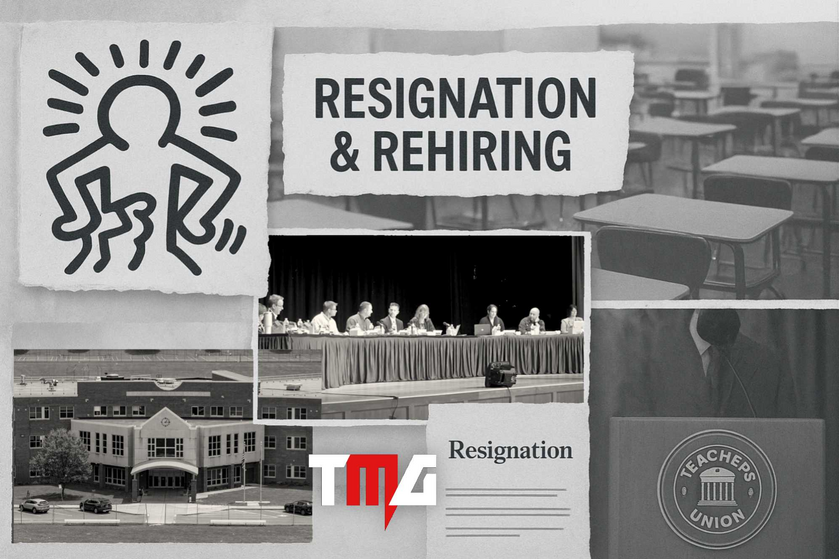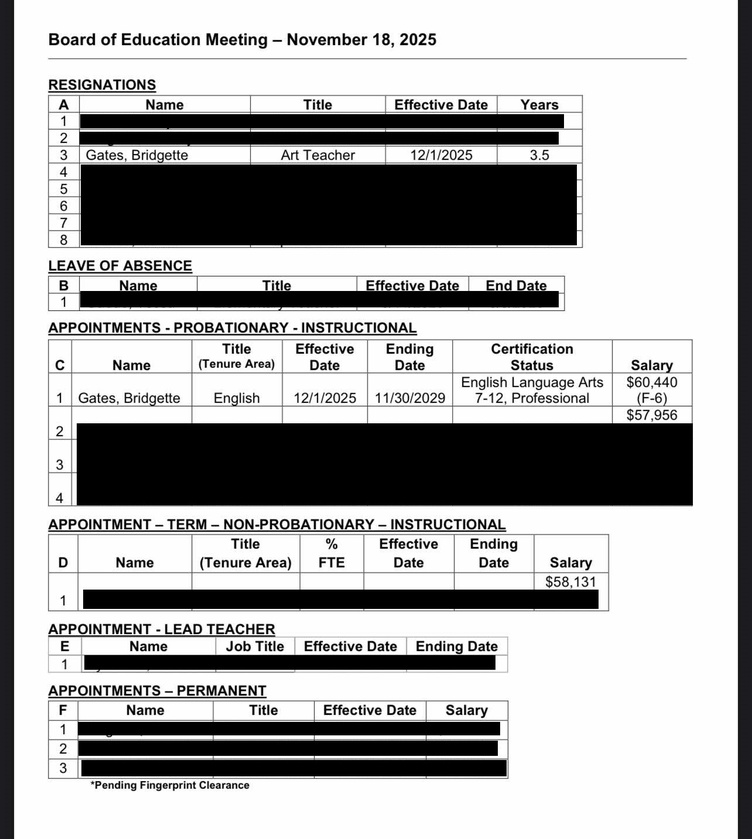Albany, New York -- In recent weeks, a coalition of New York state senators has intensified efforts to urge Governor Kathy Hochul to postpone the impending transition of the Consumer Directed Personal Assistance Program (CDPAP) to a single fiscal intermediary. The transition, slated for April 1, 2025, aims to consolidate administrative functions under Public Partnerships LLC (PPL), replacing approximately 600 smaller entities. However, lawmakers and advocates express concerns about potential disruptions in care for thousands of vulnerable New Yorkers.
State Senator Leroy Comrie, a Democrat from Queens, has been at the forefront of this advocacy. On March 13, 2025, he dispatched a letter to Governor Hochul, co-signed by eight fellow senators, urging a postponement of the transition deadline to June 1. The letter highlighted the challenges faced by consumers and caregivers in navigating the new system, emphasizing that even those with proficient technological skills are encountering significant obstacles. Senator Comrie underscored the potential harm of a hasty transition, stating, "The cost of this is too high. Too many people will be harmed. For us to rush this process, just to appeal to people's egos."

Additionally, Senator Shelley B. Mayer publicly aligned with Senator Comrie's initiative. On March 21, 2025, she shared on social media her support for delaying the transition, underscoring the necessity of ensuring a seamless process that safeguards the well-being of CDPAP consumers and workers.
The call for a delay extends beyond the legislative sphere. Organizations such as the New York Association on Independent Living (NYAIL) and Medicaid Matters New York have also appealed to Governor Hochul to defer the transition. In a letter dated March 14, 2025, Medicaid Matters New York expressed apprehensions about the rushed nature of the process, suggesting that it could lead to many individuals losing essential home care services.
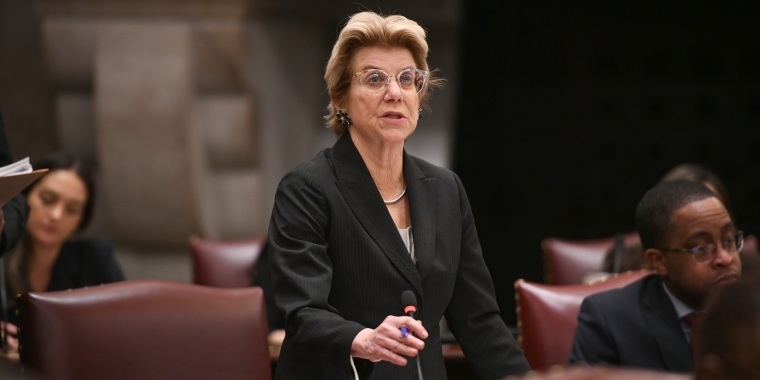
These concerns are echoed by various stakeholders who fear that the consolidation could disrupt care for approximately 240,000 New Yorkers relying on CDPAP services. Critics argue that the transition's timeline is too aggressive, potentially leaving many without necessary support.
Despite mounting pressure, Governor Hochul's administration maintains that the transition is proceeding as planned. A spokesperson for the governor stated that the reforms are essential to protect home care users and ensure fiscal responsibility by curbing escalating administrative costs. The administration reports that a significant number of CDPAP consumers and workers have already engaged in the transition process, with ongoing efforts to support all stakeholders.
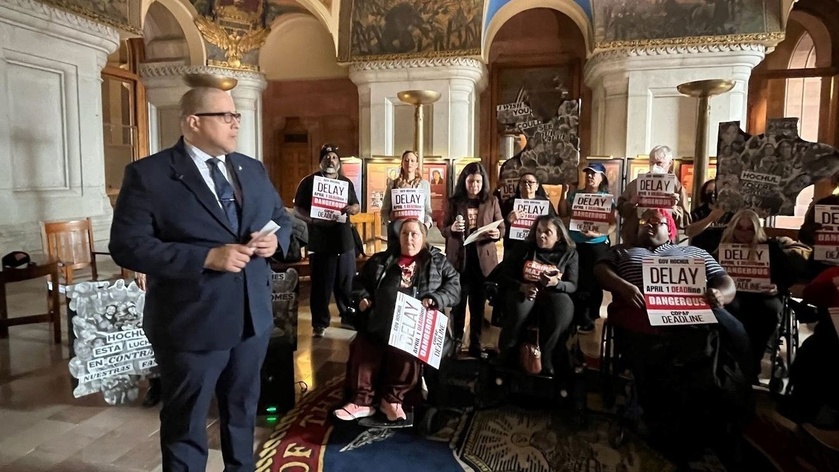
As the April 1 deadline approaches, the debate over the CDPAP transition underscores the complexities inherent in overhauling critical healthcare programs. The concerted efforts by nearly a dozen state senators, alongside advocacy groups, reflect deep-seated concerns about the readiness of the system and the potential impact on vulnerable populations. The administration's steadfast commitment to the current timeline sets the stage for a contentious period ahead, with the well-being of thousands of New Yorkers hanging in the balance.
